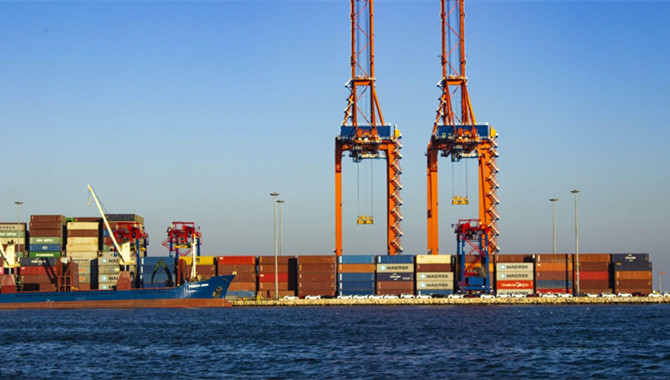
Loading and discharge of container vessels is proceeding normally at the Port of Ningbo, but backlogs there are in the forecast because lockdown restrictions and mass testing requirements have impacted manufacturing and trucking in the Chinese city.
The developments underscore how supply chains remain hostage to COVID outbreaks in 2022 and are an uncomfortable reminder of how several positive cases last August led a major marine terminal at the Ningbo port to shut down for nearly two weeks because of several positive cases. Shenzhen's Yantian container terminal went to skeleton operations for a month in May. Both cases resulted in shipping delays as containers piled up and vessels waited at sea for a berth.
Chinese authorities have temporarily locked down the Beilun district of Ningbo and increased testing of workers after detecting about two dozen COVID cases at a clothing factory, according to multiple reports from the area.
The restrictions are adding delays for truck drivers that shuttle loaded and empty containers between factories and the port. The production and transport disruptions are likely to delay exports and the return of empty containers to factories from overseas.
Vessel operations at the three container terminals near the Beilun district have not been slowed so far, according to a customer update from mega-shipping line Maersk on Thursday. But trucks serving the port are only permitted through a limited number of gates and operations at the Ningbo Bluedragon LongXing warehouse zone have been completely suspended until further notice.
Logistics providers worry that smooth operations on the waterside could soon feel ripple effects from landside backlogs, as exports and empty containers stack up in the port and inbound shipments remain trapped at factories or warehouses.
A major logistics complication is the lack of trucking permits for commercial vehicles to enter the Beilun district. The local government in Zhejiang province has only released 6,000 permits for the 20,000 trucks in the area, Chicago-based Seko Logistics said in a notice earlier this week. Truckers with permits must take two nucleic acid tests in three days and are required not to leave their vehicles while in the marine terminal.
Maersk said that about 10% of trucking capacity is operating.
Logistics providers are moving some shipments to Shanghai, the nearest alternative port, or using transcontinental rail and sea-air service via Middle East hubs to overcome potential delays.
Source: FreightWaves
The opinions expressed herein are the author's and not necessarily those of The Xinde Marine News.
Please Contact Us at:
media@xindemarine.com


 China’s First Bulk Bunkering of Domestic Green Me
China’s First Bulk Bunkering of Domestic Green Me 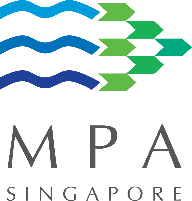 Rotterdam and Singapore Strengthen Collaboration on
Rotterdam and Singapore Strengthen Collaboration on 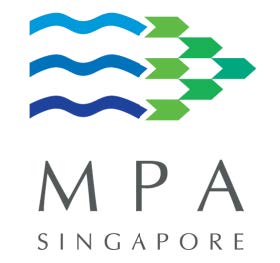 MPA and CMA CGM Sign MoU to Enhance Sustainable Shi
MPA and CMA CGM Sign MoU to Enhance Sustainable Shi 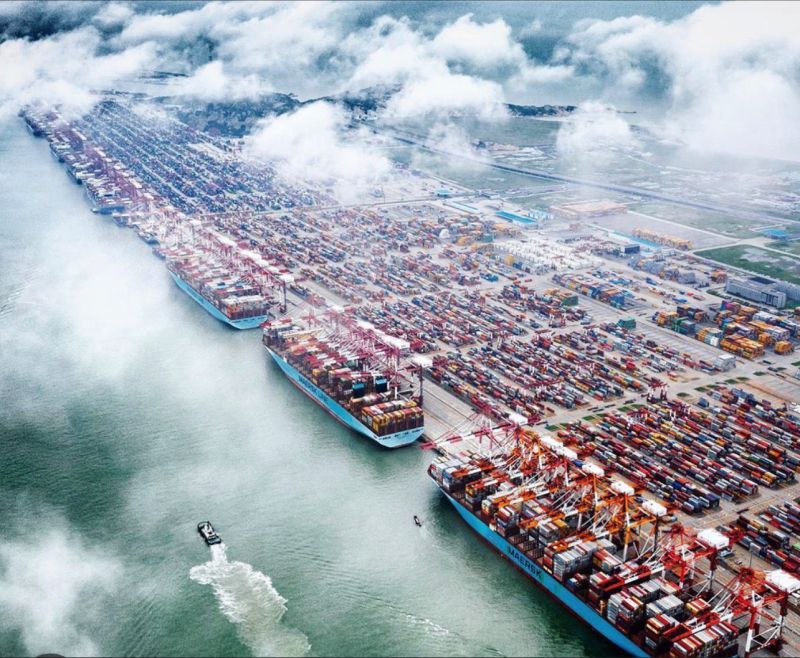 China's Ports Surge Ahead: Major Container Terminal
China's Ports Surge Ahead: Major Container Terminal 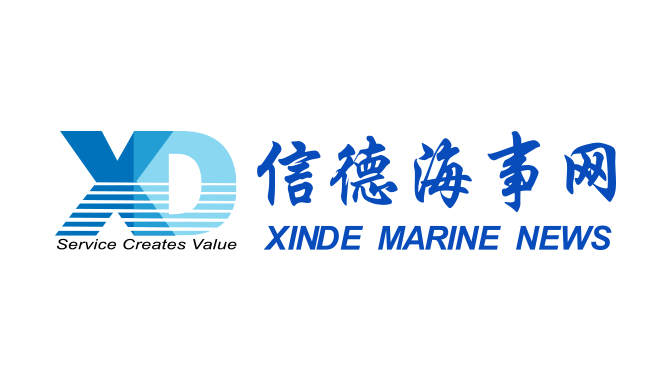 Port of Hamburg: Growth in container throughput and
Port of Hamburg: Growth in container throughput and 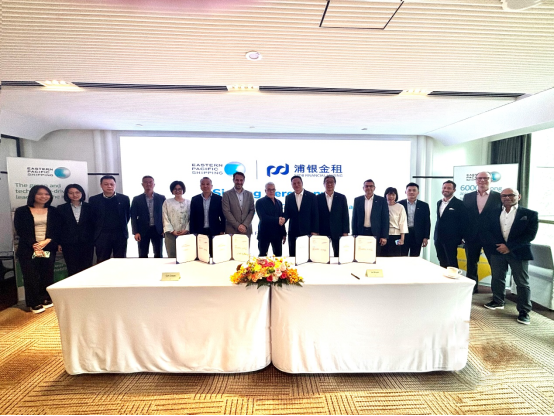 EPS and SPDB Financial Leasing sign financing agree
EPS and SPDB Financial Leasing sign financing agree